On August 24, 2022, Assemblymember Chris Holden’s (D-41) Assembly Bill 2446: Carbon Intensity of Construction and Building Materials Act, passed the Assembly Floor. Today, Governor Newsom signed the bill into law.
AJW is proud of the role we played in this legislative success story.
“With AB 2446, we hope to bring conscious design to reduce materials used and the employment of low carbon construction materials to help both people and the planet. The decisions we make today impact generations to come.”
Assemblymember Chris Holden
This measure is the first in the nation and would require California to develop a framework for measuring and then reducing greenhouse gas emissions in the construction of all public and private buildings.
The new law requires the California Air Resources Board to include a comprehensive strategy to achieve a 20% net reduction in the GHG emissions of building materials by December 31, 2030, and a 40% net reduction no later than December 31, 2035. This bill would require a life cycle assessment to determine the carbon intensity of public and private buildings, within both residential and commercial sectors. AB 2446 would also require the Board to leverage State and Federal incentives to reduce the cost of implementing the framework and to increase economic value for the State.
The journey from idea to advancement through the California Legislature is a success for both Assemblymember Holden and the coalition of stakeholders who helped inspire and guide it through the approval process.
AJW’s California team helped our client, Mighty Buildings, begin drafting the idea in the fall of 2021. Mighty Buildings is the leading builder of sustainable, resilient, high-quality homes manufactured from a patented resin and constructed through a 3D printing process. The company’s mission is to help solve the housing and climate crises by transforming the way the world builds homes, and in moving the construction industry forward in carbon-neutrality.
Our California team’s understanding of the policy landscape benefited Mighty Buildings from the beginning. AJW’s team, led by Mary Solecki, Partner, Caelin MacIntosh, Senior Policy Analyst, and Genesis Tang, Senior Advisor, Energy & Climate Policy had a winning partner with Assemblymember Holden, who recognized the benefits for his constituents in the Pasadena area, California, and nationwide with this first-of-its-kind idea.
By adopting a technology-neutral approach to carbon neutrality and widening the scope to advocate for reducing embodied carbon in the sector overall, the group began the work of forming a coalition of support from stakeholders that included architects, “traditional” builders, engineers, and suppliers.
Assemblymember Holden’s reputation with industry, coupled with his role as Chair of the Assembly Appropriations Committee, helped validate the effort for industry stakeholders. Several negotiations steered by AJW helped establish a legislative approach that resulted in no opposition from the housing development community. In fact, these important industry stakeholders even helped encourage AB 2446, recognizing that it was a viable means for them to begin to account for their carbon impact.
With no opposition from stakeholders, the measure encountered fewer headwinds as it advanced through the Legislature in the spring of 2022, and ultimately passed in August.
We are inspired to see such success not only for a client whose products already will help reduce emissions in the building sector, but for the lasting effect that a smart policy will have by making room for other innovations in what has been considered a hard-to-abate sector.


